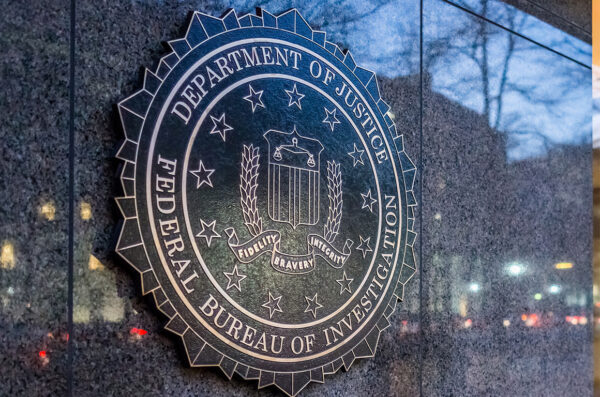ACLU Files Lawsuit on Behalf of Michigan Father Wrongly Placed on No Fly List
DEARBORN, Mich. – The American Civil Liberties Union, the ACLU of the District of Columbia, and the ACLU of Michigan filed a lawsuit in federal court today on behalf of Ahmad Chebli, a Michigan father of two who the U.S. government wrongly placed on the No Fly List over two years ago, after he refused to become an FBI informant. The lawsuit charges that Mr. Chebli has repeatedly sought removal from the No Fly List, but the government has failed to provide him with a fair and timely process to challenge the indefinite flying ban, in violation of the Constitution and federal law.
“FBI agents threatened me and my family, pressuring me to work as an informant in my community. This is frightening and wrong,” said Mr. Chebli. “When I refused to give in to government coercion, I was put on the No Fly List and now I’m indefinitely banned from flying to see family, do my job, or fulfill my religious obligations as a Muslim. For over two years I’ve tried to get off the No Fly List, but the government won’t even give me its reason for putting me on the list or a fair process to clear my name and regain my rights. No one should suffer what my family and I have had to suffer.”
The lawsuit explains that for nearly two decades, the U.S. government has operated a No Fly List that indefinitely bars thousands of U.S. citizens and residents from flying to, from, within, or over the United States, and stigmatizes them as terrorism suspects. The government places people on the No Fly List based on vague criteria, and U.S. citizens and residents on the No Fly List are disproportionately Muslim and those of Arab, Middle Eastern, or South Asian heritage. In recent years, the government’s use of the No Fly List to pressure people, particularly Muslims, to become informants has come under increasing scrutiny and challenge.
“Mr. Chebli’s Kafkaesque ordeal is emblematic of the government’s abusive use of the No Fly List, especially against Muslims, and the multiple constitutional violations that result,” said Hina Shamsi, director of the ACLU’s National Security Project. “Mr. Chebli has a First Amendment right to refuse government coercion to work for the FBI as an informant. He has a due process right to a fair and timely process to challenge the government’s placement of him on the No Fly List. We’re asking the court to compel the government to stop violating Mr. Chebli’s constitutional rights and to remove him from the No Fly List.”
In 2018, FBI agents approached Mr. Chebli, a U.S. citizen of Lebanese descent, and pressured him to work for the agency. The agents questioned him about his political and religious beliefs, associations, and the years he spent living in Lebanon as a student. They accused him of affiliation with a terrorist group, which shocked Mr. Chebli and which he vehemently denied. The FBI agents repeatedly threatened that unless Mr. Chebli agreed to become an informant, he and his family would face increased surveillance and investigation, and his wife’s immigration status would be at risk. When Mr. Chebli refused to give in to these threats, the government placed him on the No Fly List.
Since then, Mr. Chebli has sought to challenge this designation through an administrative redress process, but the government has not provided him any reason for placing him on the list, any evidence supporting — or undermining — any such reason, or any hearing before a neutral decision-maker. The indefinite flying ban has also prevented Mr. Chebli from traveling to fulfil his religious pilgrimage obligation, in violation of the Religious Freedom Restoration Act.
In 2014, the ACLU won a district court ruling finding that the government’s administrative redress process for challenging placement on the No Fly List was unconstitutional. As a result, the government announced in April 2015 that it would tell U.S. citizens and lawful permanent residents whether they are on the list and possibly offer reasons. However, as Mr. Chebli’s case illustrates, the government’s new redress process falls far short of constitutional requirements because it still denies people meaningful and timely due process.
The complaint is here: /legal-document/chebli-v-kable-complaint


